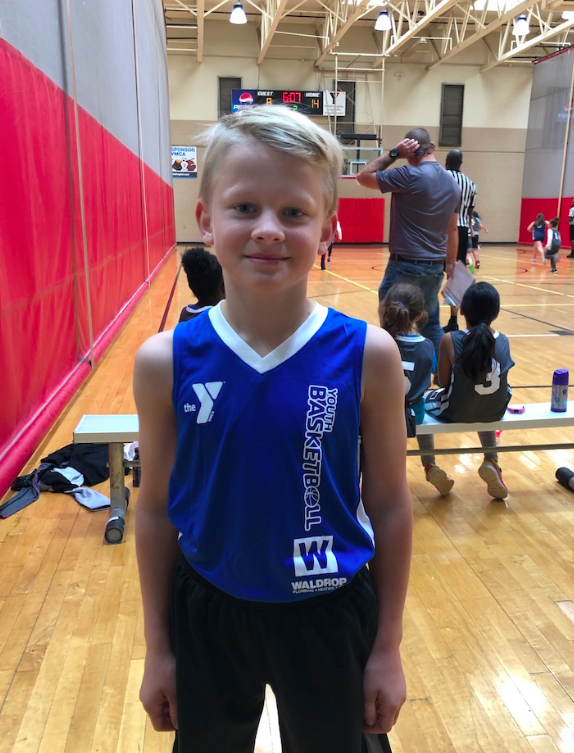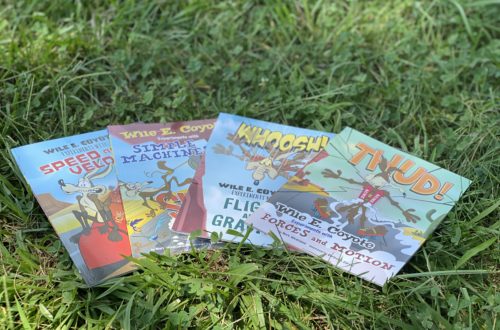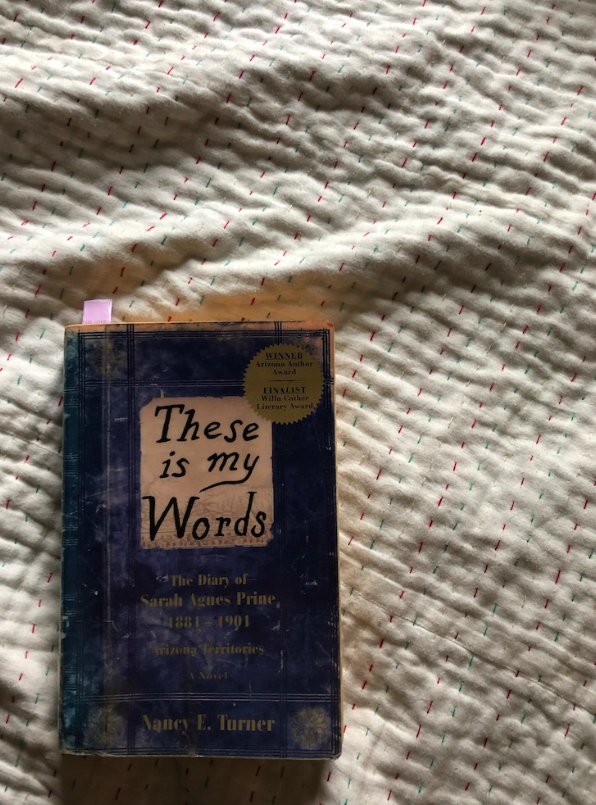East of Eden: A Book Review
Maybe it was November when I started it.
I know I have finished a dozen other novels between then and now.
I had to read about a hundred pages to really begin to get into this one.

I am not exaggerating when I say this was a THICK novel. The longest I’ve read in ages.
778 pages. To be exact.
Small print. (Every time I picked it up I thought, “Oh no. I guess I actually need reading glasses.”)
John Steinbeck.
I was on my routine of trying to read a classic in between my modern or non fiction reads.
I’m not drawn to Mr. Steinbeck naturally. (I abhorred his The Red Pony .)
But here I was, taking half a year to read this novel.
I pushed my way through, like I said. But eventually this book began to take hold of me. Perhaps because of his writing style or my life and lower brain capacity, I couldn’t read this one for hours on end. I would read for half an hour before bed each night or a few chapters here and there during the day. The chapters are rather short (even if there are a billion of them) so it made it easy to pick it up for shorter reading spells.
It’s a sweeping novel – grand in scope. Basically it covers a generation of family life, focusing primarily on two families in the late 1800s to the mid 1900s.
Although I cannot claim to find the majority of the characters exactly relatable, I can say that each character certainly has individual traits that are relatable. Some characters are horrifically unlikable, actually. So much so that it bothered me for a large portion of the novel. One character simply has nothing redeemable about her – and maybe that’s the point for her.
Steinbeck is a master writer and I can see, through this novel, how he earned his reputation among the classics and the giants of literature. There’s a recommendation from Carl Sandburg on the back of my copy of the novel – that’s good enough for me. In fact – what Sandburg said is that this novel is a “moving, crying pageant, with wilderness strengths.” Yes. That.
What this turned out to be, in my eyes, was an incredible truthful look at human nature. At the human condition. At a story as old as time. In fact, it is, in many ways, a retelling of several Biblical stories, in its own way. There’s one of the main characters – Adam. Who has twins. Twins who receive names quite similar to Cain and Abel. And brothers who grow up following the familiar story of discontent and brotherly struggles. Sometimes lines feel direct from Scripture – a paraphrase of Steinbeck’s own doing. When Cal is asked where Aron is at one point he says, “Am I to watch out for him?”
Plus, there’s another family – the Hamiltons. Their lives cross with Adam and his sons’ lives on a ranch. The patriarch of the family is Samuel – who says he has heard God’s voice calling him and he is following.
The conversations between the men in this novel are often succinct, profound and brilliantly written.
In the long and slowly developed relationship between Adam and his Chinese employee turned friend turned care taker, you see one of the most pure forms of sacrificial lo=chve in a literary relationship that I can recall. His name is Lee and and while he may not be the lead in the story, I’d say he absolutely steals the show. His love is a pure love and an honest one. He lays down his own dreams and aspirations and serves Adam and his sons in a way that shapes and rescues them over and over again. And yet, you feel as if, in the end, Lee hasn’t laid down any dream of his own at all. You feel as if he, in fact, got exactly what he needed after all.
The growth and the self examination that the characters make is a work of art to read. It’s why so many pages of my book are dog eared and bent over and marked thoroughly.
The weight of generational sins, the influence and sway of a father, the theory of good vs. evil and the idea of the mental anguish we can carry in our own heads and hearts is explored with a keen eye in beautiful language.
I’m glad I stuck with it.
I think the winner in the end of the novel isn’t really any one particular character. So many terrible things happen. SO much of the story is broken and so many of the characters are flawed deeply. But what does remain, what is purified and refined by the terrible choices made by some characters and the terrible consequences heaped on to other characters, is just that one little powerful word – C H O I C E.
The idea and the hope and the realization that there is a choice. And it lies within each of us. Lee says, “If there is blame, it is my blame.”
There are several scenes that just felt … dripping with truth. In one such moment Lee is talking to Aron, who at the time is only 17 and trying desperately to figure himself out – and the world around him. More so, Aron is trying to fit the world and the actions of the people he cares about, into a box that he can define and understand – and control. Lee delivers a speech that feels a little like a speech any of us as parents might want to offer to our own angsty teens in their painful journey of self discovery.
You’re growing up. Maybe that’s it. Sometimes I think the world tests us most sharply then, and we turn inward and watch ourselves with horror. But that’s not the worst. We think everybody is seeing into us. Then dirt is very dirty and purity is shining white. Aron, it will be over. Wait only a little while and it will be over. That’s not much relief to you because you don’t believe it, but it’s the best I can do for you. Try to believe that things are neither so good nor so bad as they seem to you now.
In one of the emotional struggles for the character Cal, one of the twins, he wrestles with the idea that he has inherited the behaviors and the personalities of his parents. That he cannot not be like they are – if they are bad, he must be bad as well. That he carries that badness in him like his own blood flowing through his veins. Lee works to help Cal fight that theory until Cal is able to look into himself and recognize something true. He says, “If I am mean, it’s my own mean.” He’s able to shift the weight to personal responsibility. It’s magical really. And it’s something that I have known many grown men and women struggle with well into adulthood – sometimes completely rejecting the burden of personal choice and shifting all blame onto the lives of those who have gone before them.
i didn’t expect this book to make me think this much. To make me examine my own life and thoughts and to weigh out what I think – which character I fall in line with and what theories I have half heartedly believed or lazily accepted in my own story.
In the end, that’s what makes this a great work of literature to me – a classic that has endured. It’s still true, more than half a century later. We’re all living in a place we might call home, but a place that lies just out of reach of perfection, just east of Eden.
__________________________________


